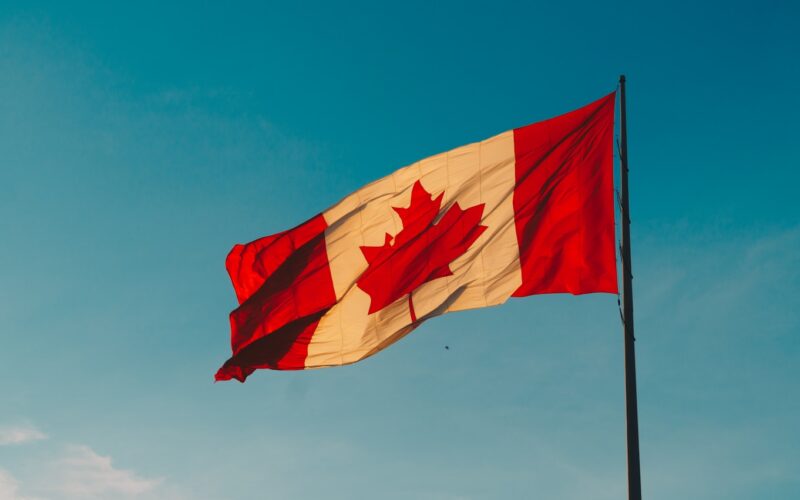Welcome back to the travel hub! As we move through Fall 2025, the travel relationship between Canada and the United States continues to be a hot topic. While the border is fully open (no COVID-era restrictions!), the phrase “Canada freezes US travel” perfectly captures the prevailing sentiment: Canadians are actively choosing not to travel south of the border, and the numbers from October 2025 prove this trend is accelerating.
The Latest Travel Statistics: Canada is Still Freezing US Travel
The data released in October 2025 confirms the dramatic shift we’ve been tracking. This isn’t a temporary blip; it’s a fundamental change in how Canadians are planning their trips, and it significantly impacts cross-border movement.
Dramatic Drop in Canadian Visits to the U.S.
The core of the “Canada freezes US travel” story is the declining visitor volume. Statistics Canada recently reported staggering year-over-year drops in Canadian return trips from the U.S. for September 2025:
- Automobile Travel: Canadian return trips by car from the U.S. were down by approximately 34.8%.
- Air Travel: Canadian return trips by air from the U.S. were down by over 27%.
This shows Canadians are increasingly avoiding both quick cross-border drives and major air routes, choosing to spend their travel dollars elsewhere.
U.S. Travel to Canada Also Softens
Interestingly, U.S. arrivals into Canada have also seen a slight softening, though not as dramatic as the Canadian decline. Arrivals to Canada by U.S. residents by air were down a fractional 0.4%, and by automobile down 5.3% in September 2025. This means travel is slowing on both sides, making the entire transborder market much cooler than in previous years.
Critical Entry Requirements for Americans Heading to Canada (Oct 2025)
If you are an American planning to visit Canada, your entry is routine, but you must be prepared. The key takeaways for U.S. citizens remain:
1. Essential Documentation is Mandatory
- Passport: A valid U.S. passport is the highly recommended and most reliable document for entry by air, land, or sea.
- NEXUS: If you have a NEXUS card, it remains an excellent way to expedite processing.
2. The Final End of Pandemic Measures
As of this update (October 2025), Canada has no COVID-19 related entry requirements for U.S. citizens. You do not need:
- Proof of Vaccination.
- Pre-entry or arrival testing.
- The ArriveCAN app (though it is still available for optional use as an Advance Declaration to speed up customs).
3. Non-Travel Factors to Remember at the Border
- Criminal Admissibility: This remains the most significant risk for denial of entry. Having a prior conviction—even a single misdemeanor like a DUI/DWI—can deem you criminally inadmissible without pre-approval. Always confirm your status if you have any history.
- Goods and Currency: You must declare firearms, controlled substances (like cannabis), and currency totaling $10,000 CAN or more. Failure to declare these items can lead to seizure and large penalties.
New Cross-Border Scrutiny: What Travelers Should Know
Recent policy developments, especially in the U.S., introduce new factors that travelers should be aware of, which may be contributing to the ongoing “Canada freezes US travel” sentiment.
U.S. Biometric Entry/Exit for Non-Citizens
The U.S. Department of Homeland Security (DHS) is expanding its facial biometric program. A new rule was introduced in October 2025 to make it mandatory for non-U.S. citizens, including Canadians, to participate in facial recognition at all international entry and exit points (air, sea, and land). This increased security scrutiny is likely feeding the reluctance of some Canadians to travel south.
Passport Gender Identifier Advisory
Global Affairs Canada issued an update in October 2025 warning Canadian passport holders using the gender-neutral “X” identifier that they may face extra scrutiny or entry restrictions when traveling to the U.S. and other countries that may not recognize the designation.
The Travel Takeaway
The travel landscape is not “frozen” in the legal sense, but it is defined by a significant slowdown fueled by economic concerns, political tensions, and increased border security measures. For travelers, this means being meticulously prepared and looking north (or overseas!) for destinations where crowds and scrutiny are less intense. Happy and safe travels!



